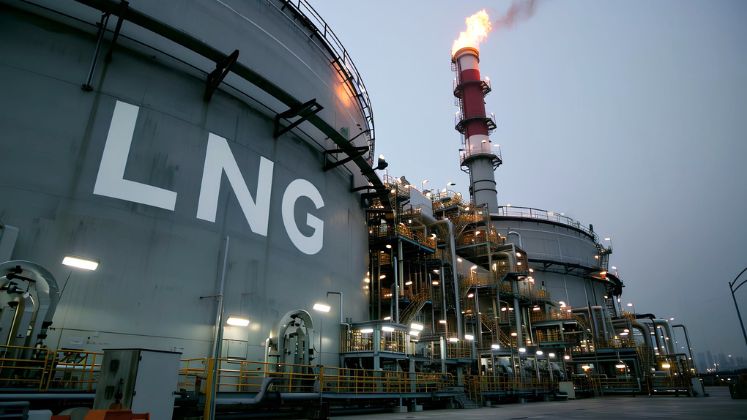The state-owned gas business Petrobangla is unsure of what to do in order to rebid two LNG terminal projects in the private sector that the interim government recently cancelled. In order to replace earlier contracts that were given out without a competitive competition process, the Adviser for the Power, Energy, and Mineral Resources Ministry issued directions that led to this decision.
When seeking fresh tenders for the projects, Petrobangla officials are now debating whether to follow the Public Procurement Rule (PPR) 2008 or seek implementation advice from the Public-Private Partnership (PPP) office. The terminated projects include a Memorandum of Understanding (MoU) with US-based Excelerate Energy for one terminal and a contract with Summit Group for another, both of which were granted under the 2010 Speedy Increase of Power and Energy Supply (Special Provision) Act.
The action taken by the interim government is a major shift from previous methods that allowed for quick development without strict control, and it is motivated by the desire to improve openness and competition in public procurement procedures.
Currently, Bangladesh depends on two floating storage and regasification facilities (FSRUs) in Maheshkhali that were set up under comparable provisions and provide the national grid with about 1,100 million cubic feet of gas per day (MMCFD). Under non-tendered agreements, Excelerate Energy and Summit Group developed these terminals in 2018 and 2019, respectively.
Despite persistent difficulties in supplying natural gas, Bangladesh produces about 3,100 MMCFD of gas per day, compared to a need of about 4,000 MMCFD. In order to meet the increasing demand, the previous administration started planning for two more LNG terminals and gave Summit Group and Excelerate Energy sizable contracts.
Given the uncertainty surrounding the future of these important projects, Petrobangla is under pressure to decide quickly on a transparent strategy for possible re-awarding in order to guarantee that the country’s energy demands will be successfully satisfied in the face of rising demand and changing governance.







